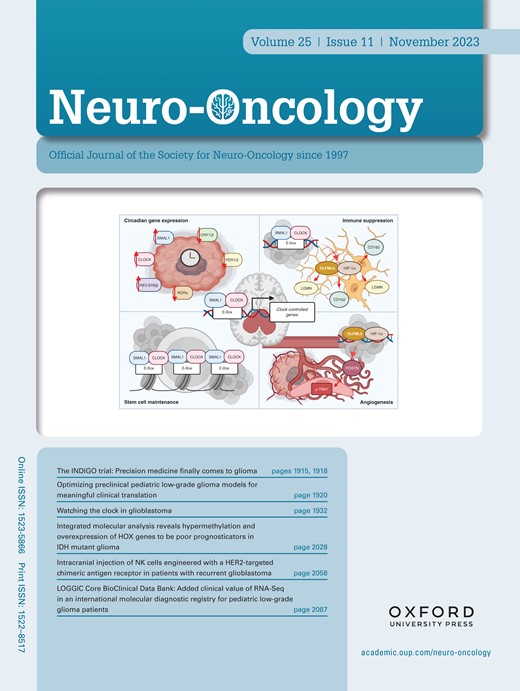Clinical Trial
PNOC015: An Open Label Single Arm Phase I/II study of MTX110 delivered by convection-enhanced delivery (CED) in patients with diffuse intrinsic pontine glioma (DIPG) previously treated with external beam radiation therapy
PNOC015 Study Publication
PNOC015 is now closed, and clinical trial results are now available as published in the Neuro-Oncology in November 2023.
viewable here:
The overall median survival of children with DIPG is approximately 9 months, and remains unchanged despite decades of clinical trial research. The only standard of care is focal radiotherapy but essentially all children die of this disease. New therapeutic strategies are urgently needed. One of the potential reasons for failure of treatment is the blood-brain and blood-tumor barriers, which exclude potentially effective therapeutic agents. Direct delivery by convection-enhanced techniques can overcome this barrier and ensure adequate drug exposure to tumor cells. MTX110 is a soluble from of panobinostat. Panobinostat has been shown in pre-clinical models to be effective at slowing tumor growth in patient-derived brainstem xenografts, and these findings were seen both among carriers of histone mutations and wildtype histone models. The hypothesis of this study is that repeated direct delivery via convection-enhanced delivery (CED) of MTX110 will increase progression-free and overall survival in children with newly diagnosed DIPG following standard of care radiotherapy. This trial will assess the safety and preliminary efficacy of this strategy.
PRIMARY OBJECTIVES
To determine the safety and tolerability of repeated administration of MTX110 co-infused with gadoteridol given by intratumoral CED in children with newly diagnosed DIPG.
SECONDARY OBJECTIVES
To determine the clinical efficacy of repeated administration of MTX110 given by intratumoral CED in children with newly diagnosed DIPG in the confines of a phase I/II study.
Funding is provided by Cannonball Kids’ Cancer, The Cure Starts Now, and Midatech Pharma Inc.
The overall median survival of children with DIPG is approximately 9 months, and remains unchanged despite decades of clinical trial research. The only standard of care is focal radiotherapy but essentially all children die of this disease. New therapeutic strategies are urgently needed. One of the potential reasons for failure of treatment is the blood-brain and blood-tumor barriers, which exclude potentially effective therapeutic agents. Direct delivery by convection-enhanced techniques can overcome this barrier and ensure adequate drug exposure to tumor cells. MTX110 is a soluble from of panobinostat. Panobinostat has been shown in pre-clinical models to be effective at slowing tumor growth in patient-derived brainstem xenografts, and these findings were seen both among carriers of histone mutations and wildtype histone models. The hypothesis of this study is that repeated direct delivery via convection-enhanced delivery (CED) of MTX110 will increase progression-free and overall survival in children with newly diagnosed DIPG following standard of care radiotherapy. This trial will assess the safety and preliminary efficacy of this strategy.
PRIMARY OBJECTIVES
To determine the safety and tolerability of repeated administration of MTX110 co-infused with gadoteridol given by intratumoral CED in children with newly diagnosed DIPG.
SECONDARY OBJECTIVES
To determine the clinical efficacy of repeated administration of MTX110 given by intratumoral CED in children with newly diagnosed DIPG in the confines of a phase I/II study.
Funding is provided by Cannonball Kids’ Cancer, The Cure Starts Now, and Midatech Pharma Inc.
Sites Offering This Trial
How to Enroll
If you believe your child or patient is eligible for this trial, contact the closest participating site or email us for more information.
